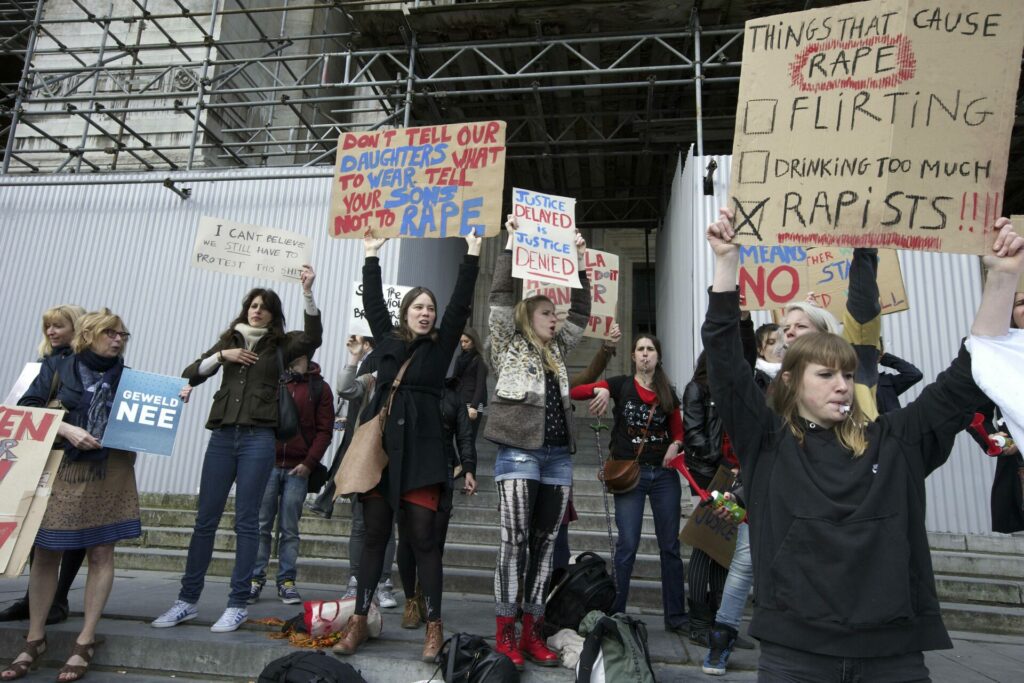Tuesday marks the tenth anniversary of International Day of the Girl, and while several victories have been achieved since the day was first celebrated, girls across the world continue to face unprecedented challenges and violations of their rights.
The international day draws attention to the rights of girls worldwide, and while these have improved in some countries, particularly in the areas of education, empowerment, basic needs and security, there are still many areas where they continue to be violated – as outlined by recent research by Plan International.
"While we have been able to achieve some important victories, progress on girls' rights over the past decade has been too slow, too fragile and too uneven," Isabelle Verhaegen, National Director at Plan International Belgium, said.
"Countless girls around the world face the same inequalities today as their mothers did years ago." The research showed that various societal events over the past decade, from the pandemic to the climate crisis and growing conservative political movements, have further put brakes on the evolution of girls' rights.
Some gains, mounting losses
The research highlighted the significant progress in reducing the number of illiterate female adolescents aged 15 to 24, which fell from 100 million to 56 million in the last two decades. Further to this, there are more legal protections in place today against certain forms of abuse and harmful cultural practices – such as banning of child marriages and female genital mutilation.
However, the report also warns that the current global political and social climate is putting further progress on girls rights at risk. This is mirrored in the fact that just 28% of girls worldwide still feel confident enough to stand for election (in countries like Belgium, this figure sits at 14%).
Meanwhile, the pandemic also saw an increase in the number of girls becoming victims of physical and/or sexual violence at least once since the age of 15.
Related News
- Hunger crisis disproportionately impacts girls
- Gender equality will take nearly 300 years to realise without investments
In a statement to mark the occasion, UN's Secretary-General António Guterres also noted the negative effects of the health crisis, from girls having their education disrupted by war to the inability to exercise their sexual and reproductive rights.
"The pandemic had made existing burdens worse, and wore away at important gains made over the last decade," he stated.
He called on countries to redouble efforts to make sure girls everywhere are healthy, educated and safe so that they can enjoy and exercise their rights, playing a full and equal part in their communities and societies.
What exactly is International Day of the Girl Child?
International Day of the Girl Child was established in December 2011 by the United Nations to recognise girls’ rights and the unique challenges they face around the world. It was first celebrated on 11 October 2012.
The decision to introduce this day came 17 years after 189 countries unanimously adopted the Beijing Declaration and Platform for Action during the World Conference on Women in Beijing. The agenda is seen as the most progressive document for advancing the rights of women, specifically mentioning girls' rights for the first time.
The international day aims to focus attention on the need to address the challenges girls face and to promote girls’ empowerment and the fulfilment of their human rights.

